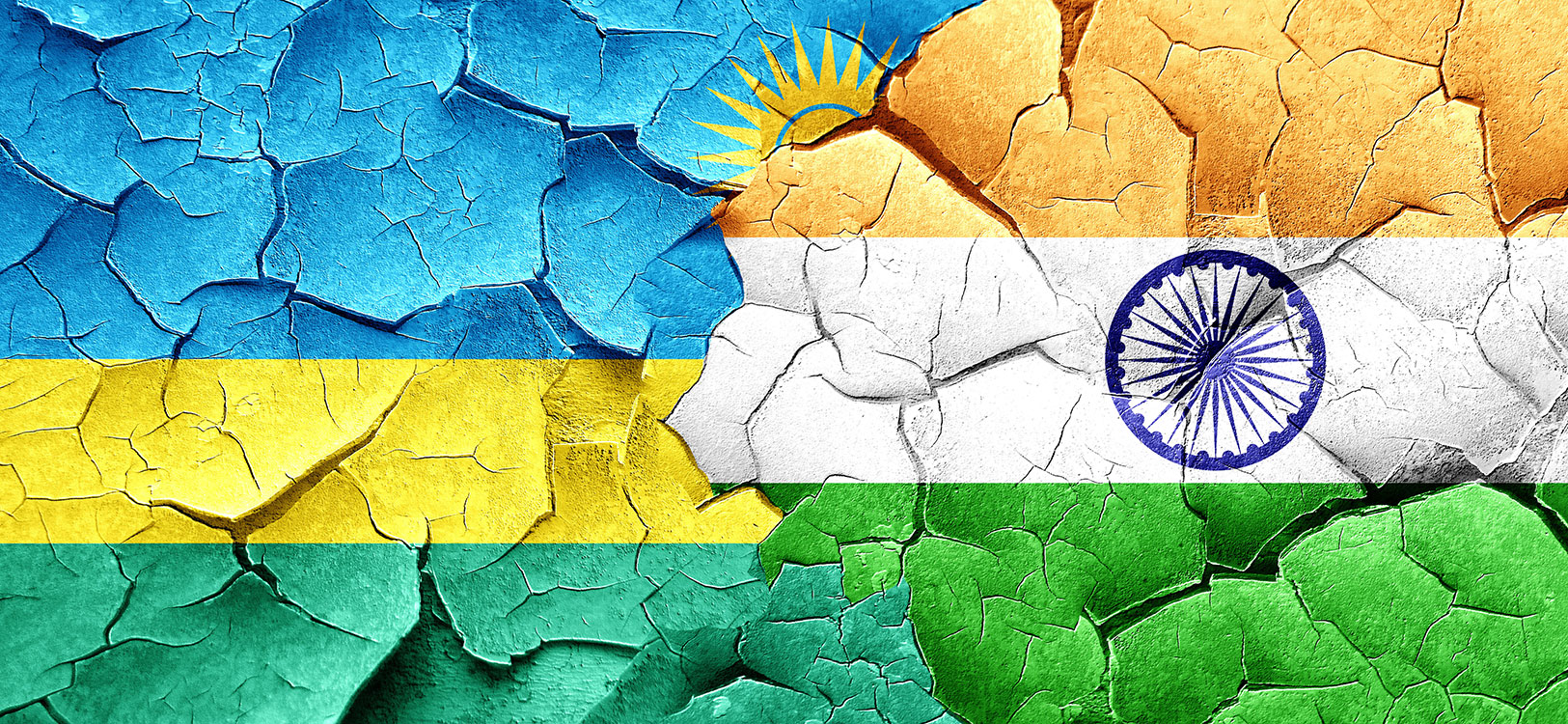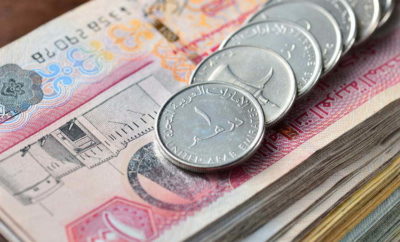Business
100-Member Delegation to Expand Indian Footprint in Rwanda

The Indian group, comprising students, pilgrims, businessmen and a women's cricket team, will visit Rwanda later this year.
Rwanda is set to receive its largest single Indian tour delegation of 100 people in December this year. The group will include 25 students, a 15-member women’s cricket team, 46 religious pilgrims, and a 14-16 member business delegation.
“It will be an exciting India Week, so to speak, with a student’s group, women cricketers, pilgrims, and the business delegation,” Clarence Fernandes, the chairman of Rwanda Renaissance, an organization that facilitates travel for Indians to Rwanda, told the New Times.
The Delegation
The 25 students will attend the National Children’s Summit in Kigali on Dec. 7, while the women cricketers will play with Rwandan women cricketers on Dec. 9-10. The pilgrims are scheduled to head to Kibeho, a site known for reported apparitions of Jesus Christ and Mary 1981 and 1989. The business delegation will look into trade, tourism and investment opportunities in the country. Fernandes hopes that there will be as many as 100 people from the Indian diaspora in Rwanda to cheer the women’s cricket team.
The delegation will fly in by RwandAir’s direct, non-stop flight from Mumbai to Kigali that was launched in April this year. The Rwandan capital is fast becoming a frequented destination for meeting, incentives and conference destination.
Indians in Rwanda
Fernandes is an Indian who first visited Rwanda in 2008, and the country captured his heart. A businessman who owned a small company called Claven Marketing Services, he now regularly writes about Rwanda politics in newspapers. Fernandes started Rwanda Renaissance, which seeks to promote trade, tourism and investment between the two nations, after his first visit to the African country, which is home to about 3,000 Indians.
The Indian community has a significant presence in the African country. Rwanda’s only sugar refinery, its only modern textile mill as well as soap and cosmetic factory are owned by people of Indian origin, according to the information available on the website of the High Commission of India, Kampala.
India-Rwanda Ties
Improvement in bilateral relations between the two countries is causing an increase in the volume of Indian tourists to the country. In February this year, India and Rwanda signed three MoUs when former Vice President Hamid Ansari visited the country, and the two countries decided to mutually exempt official and diplomatic passport holders of visa requirements.
Ansari, during his visit, also launched the India-Rwanda Growth Program. “India-Rwanda Innovation Growth Program is being launched to expand ties in science, technology and innovation,” he said, India Today reported. “After this pilot project, the program is proposed to be implemented in the East African community in seven countries and will then be scaled up to seven other economic zones across Africa.”
As per the program, 20 Indian technologies and innovations are to be adopted over a period of two years. RwandAir’s operations were also a part of the MoUs, and the flights started jetting between the countries on April 3.
Ansari also brought up plans to open an Indian embassy in Rwanda. Rwanda had opened their mission in India in New Delhi in 1999. Ravi Shankar, the Indian High Commissioner to Rwanda, currently stays in Kampala, Uganda.
On the 70th anniversary of India’s Independence, when he joined the Indian Association of Rwanda for celebrations, Shankar emphasized upon the plan to open the embassy in Kigali, The New Times reported. The 3,000 members of the Indian community in Rwanda, who contribute significantly to the country’s development, formed the association six years ago to facilitate cultural exchanges.
Bilateral trade between the two countries grew to $526 million between 2011 and 2015, as per the Rwanda Development Board. Investment from India to Rwanda was at 66 projects between 2011 and 2016. These projects were valued at $317.5 million, and created over 3,800 jobs in telecommunication, hospitality and education sectors.
During the genocide of 1994, no Indian was reported to have been killed or injured. People of Indian origin were evacuated by the Indian government to Bujumbura, the capital of Burundi, and Kenyan capital Nairobi without the intervention of the Rwandan government forces.




You must be logged in to post a comment Login